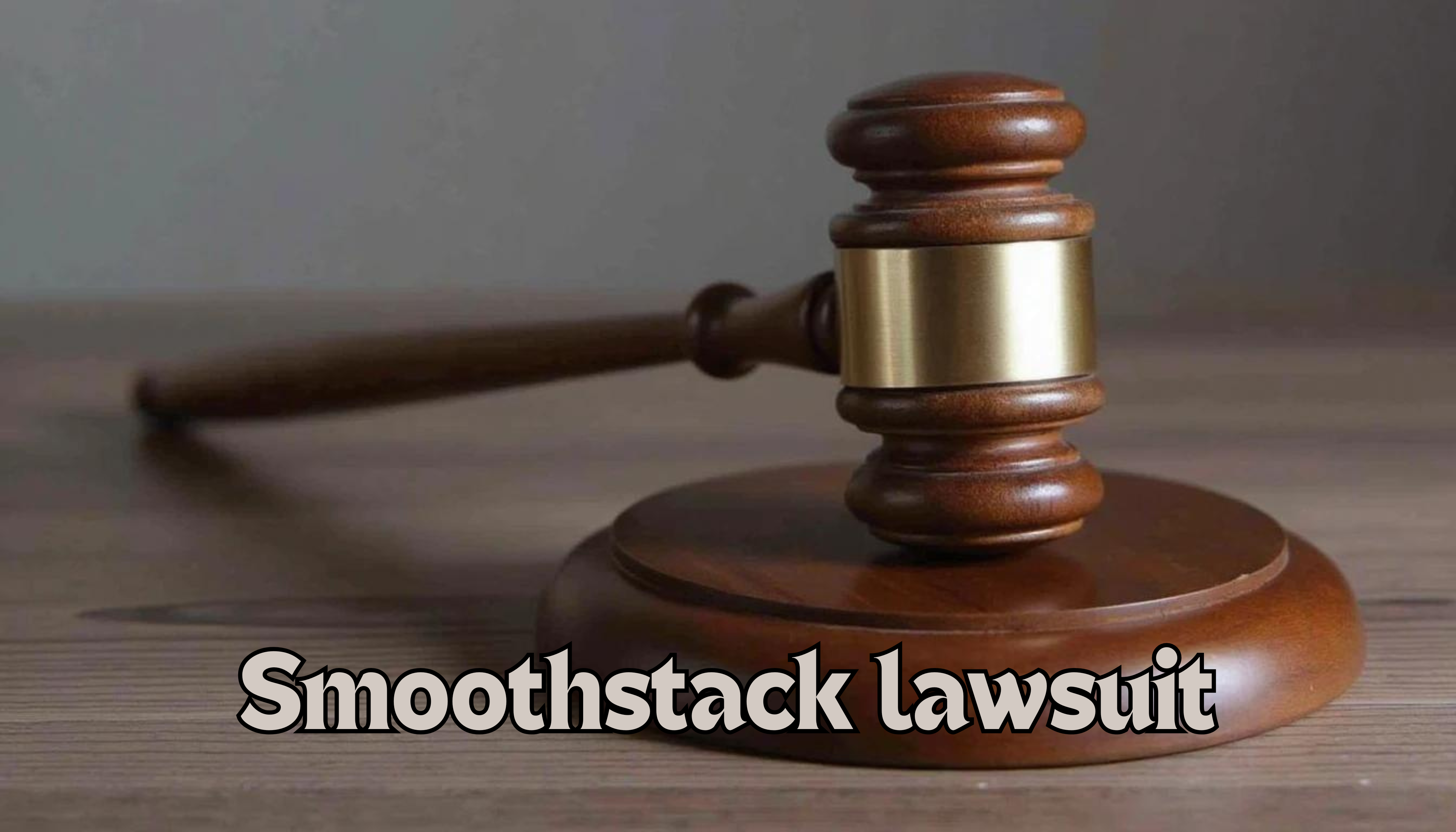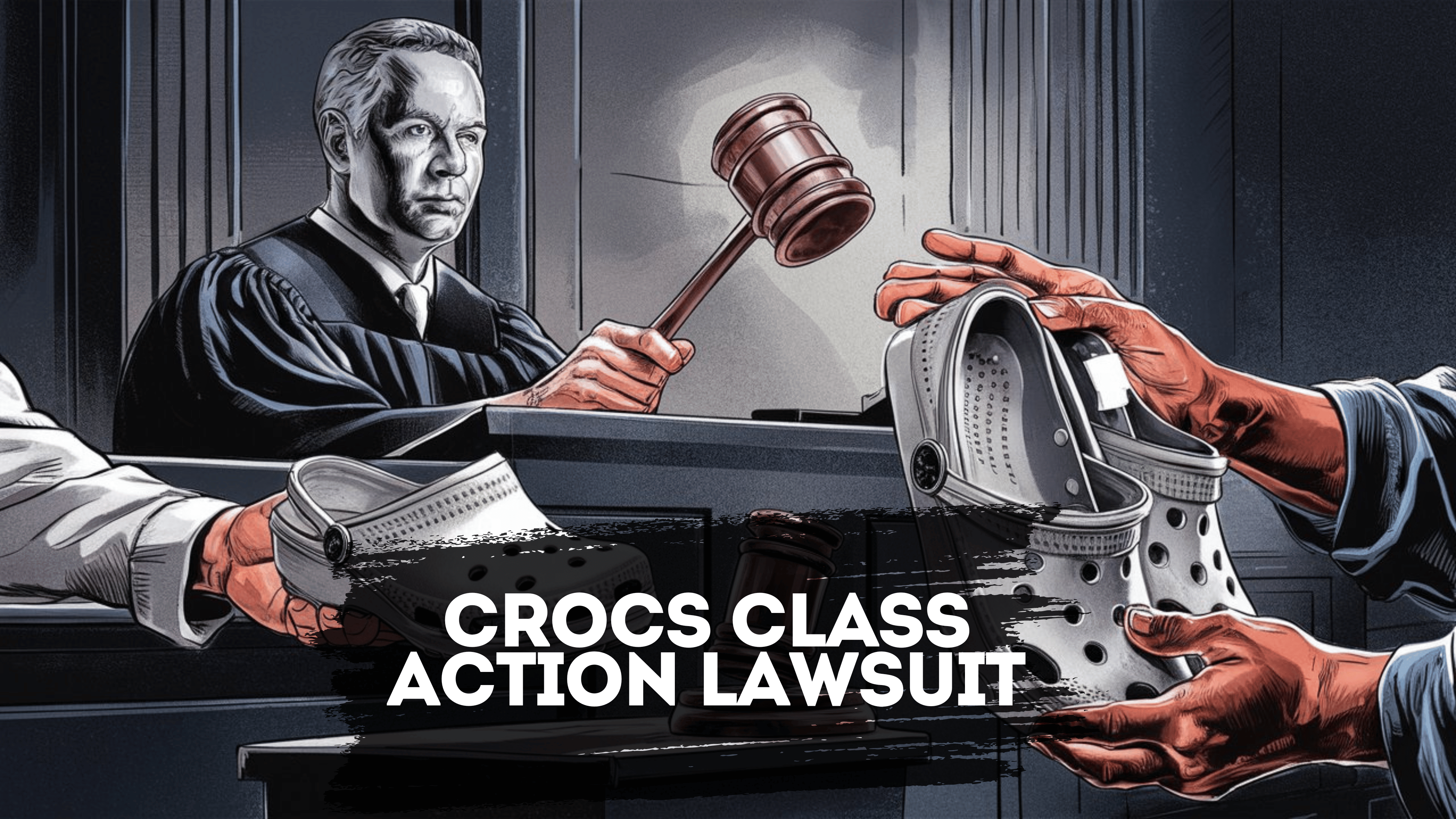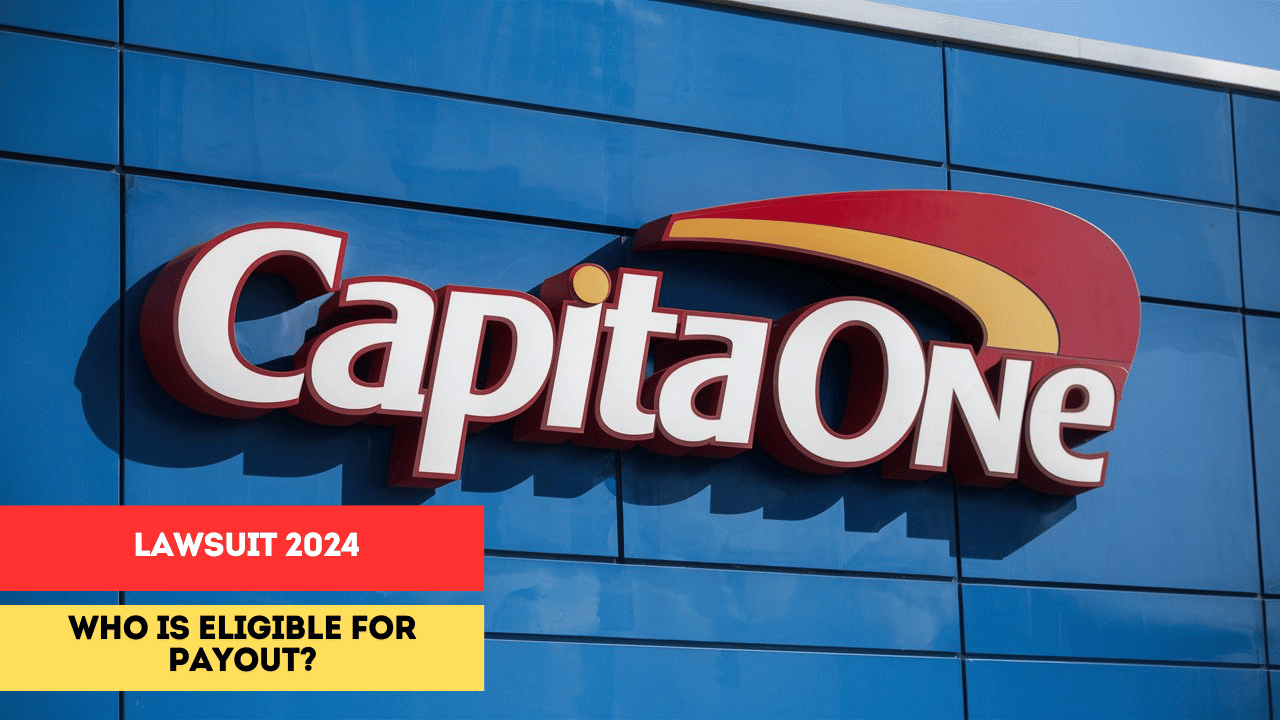The Smoothstack lawsuit has quickly become a focal point in discussions about tech industry ethics and employee rights. Filed in 2023 and gaining momentum throughout 2024, this lawsuit against the IT staffing and training company Smoothstack has raised significant concerns about employment practices, particularly regarding Training Repayment Agreement Provisions (TRAPs). Below, we delve into the key aspects of the case, examining the allegations, legal proceedings, and the potential implications for the tech industry and beyond.
Understanding the Allegations: What Sparked the Lawsuit?
The lawsuit against Smoothstack revolves around a series of severe allegations, primarily focusing on the company’s use of TRAPs. These agreements allegedly require employees to pay significant sums—up to $30,000—if they leave the company before completing a specified number of work hours, typically around 4,000. Former employees have described this practice as “modern-day indentured servitude,” claiming it traps them in undesirable jobs and makes it financially impossible to leave before the contract ends.
In addition to the TRAPs, the lawsuit also includes allegations of wage theft, with accusations that employees were paid below minimum wage during their training period. Furthermore, there are claims of retaliation against employees who attempted to leave or voiced concerns, including threats, demotions, and terminations.
Also Read: Arias Agencies Lawsuit: Unveiling Allegations of Fraud and Sexual Misconduct
Legal Developments: The Road So Far

Since the initial filing, the Smoothstack lawsuit has seen several key developments. In mid-2023, the case gained further attention when the Department of Labor (DOL) filed a lawsuit against Smoothstack, amplifying the seriousness of the allegations. The legal proceedings have involved numerous motions, including attempts by Smoothstack to dismiss the case, which were met with pushback from plaintiffs who argued for the case to proceed as a class-action lawsuit.
The court has yet to make a final ruling on these motions, but the ongoing discovery process has already unveiled internal documents that bolster the plaintiffs’ claims. These developments have kept the case in the public eye, leading to increased scrutiny of Smoothstack’s business practices and the tech training industry’s ethical standards overall.
Implications for Tech Workers: What This Means for You
The outcome of this lawsuit could have significant implications for tech workers, particularly those involved in training programs. If the plaintiffs succeed, it could lead to substantial financial compensation for those affected, and possibly even the abolition of TRAPs in their current form. This would be a major victory for worker rights, potentially setting a precedent that could protect employees in other industries as well.
Moreover, the lawsuit is likely to prompt broader changes in how tech companies structure their training programs and employment contracts. As the case progresses, aspiring tech workers are advised to carefully review any employment agreements, particularly those that involve repayment clauses, and to seek legal advice if anything seems unclear or unfair.
Industry Reactions: A Ripple Effect
The Smoothstack lawsuit has sent shockwaves through the tech industry, with many companies and industry observers closely watching the proceedings. Competitors have responded by emphasizing their own ethical practices, hoping to distance themselves from the negative publicity surrounding Smoothstack. Some have even begun revising their contracts and training programs preemptively to avoid similar legal challenges.
Experts predict that the lawsuit could lead to tighter regulations governing training programs and employment agreements, particularly in industries where such practices are common. This could ultimately result in more transparent and fair treatment of employees across the board, benefiting workers and potentially improving the overall reputation of the tech industry.
The Future of Tech Training: Navigating the Legal Landscape
As the lawsuit continues, it is crucial for both current and prospective tech workers to stay informed about their rights and the legal frameworks governing employment agreements. The Smoothstack case highlights the importance of understanding contractual obligations and the potential risks involved in signing agreements with significant financial penalties.
For companies, this case serves as a stark reminder of the need for clear, fair, and transparent contracts. Legal experts are advising businesses to review their employment practices to ensure compliance with labor laws and to avoid the kind of legal and reputational damage that Smoothstack is currently facing.
Also Read: BlueFire Wilderness Therapy Lawsuit: What It Means for the Industry
Conclusion: A Case with Far-Reaching Consequences
The Smoothstack lawsuit is more than just a legal battle; it is a pivotal moment for the tech industry and labor rights. The case raises critical questions about the ethics of employment contracts and the responsibility of companies to treat their workers fairly. As the legal proceedings unfold, the outcomes could reshape not only the tech training landscape but also set new standards for employment practices in various sectors.
As we await further developments, it is clear that the Smoothstack lawsuit will be closely watched by workers, employers, and legal experts alike. Its impact could be felt for years to come, influencing how companies operate and how employees are protected under the law.














Leave a Reply